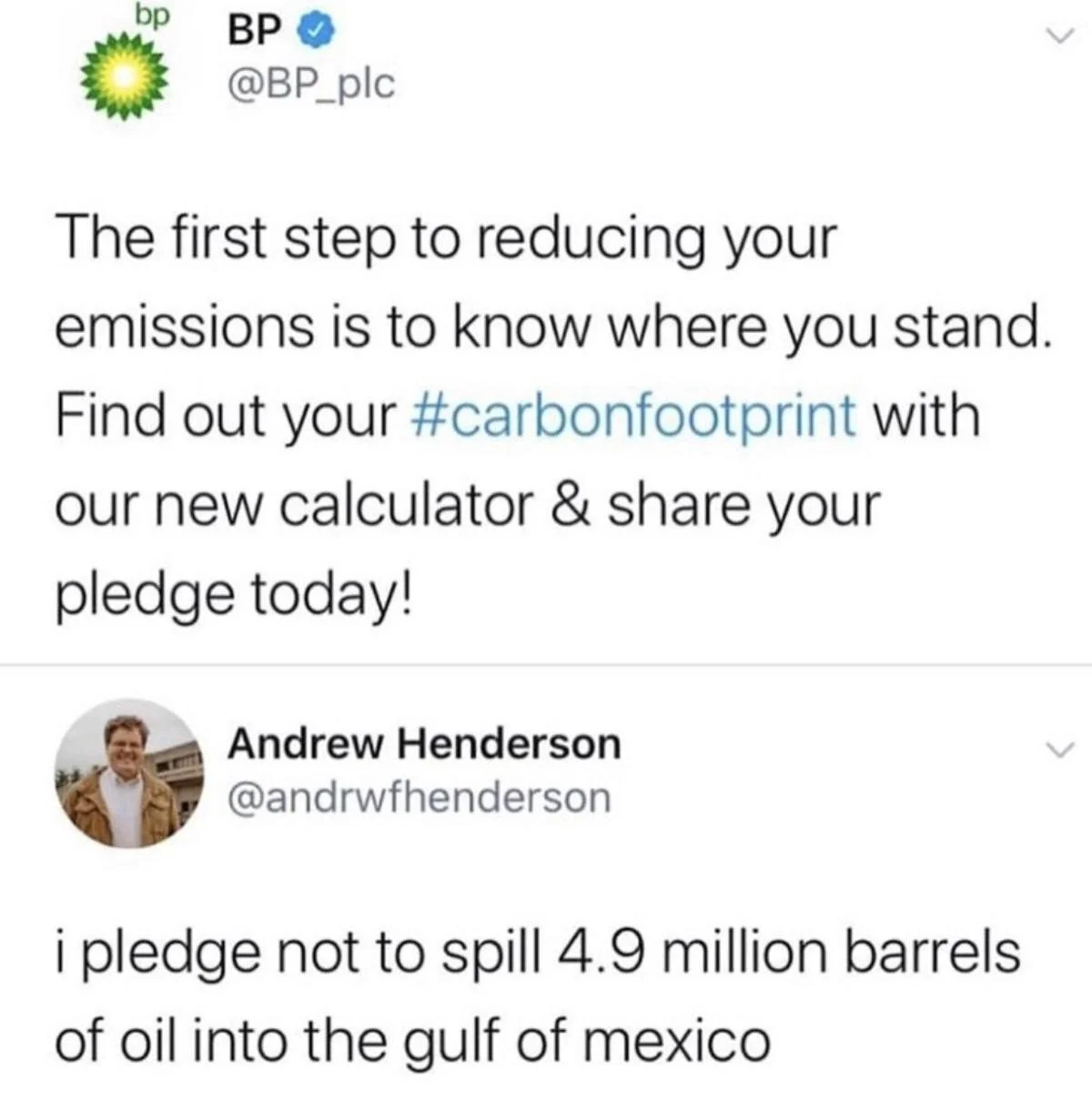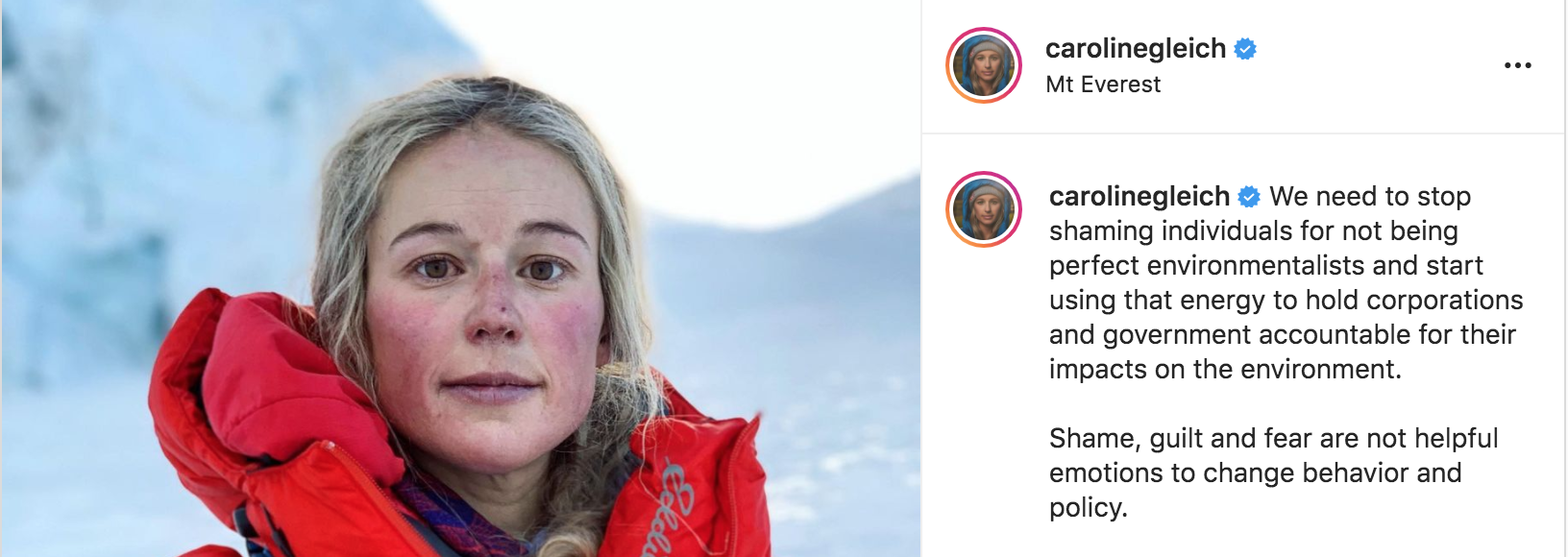Climate Guilt & the Making of Understory
In Understory, there are a lot of beautiful shots of my sailboat, the Murrelet under sail. In these shots I’m always smiling. As far as I’m concerned, there’s literally nothing cooler than feeling a boat flying across the surface of the ocean. Especially when the engine is off, and all you can hear are the sounds of the wind, waves, canvas, and seabirds.
When I watch the film I can almost trick myself into thinking that we sailed the whole way, but in fact, we did end up motoring a fair bit. It was hard to avoid, because the winds were persistently light, and we only had a month to complete our journey. The Murrelet is very fuel-efficient and super slow (we were usually cruising at less than 5 mph), but we definitely burned fossil fuels as we circumnavigated Prince of Wales.
The times we visited the fuel dock to pump diesel into Murrelet, I remember the disconcerting feeling that even as we made a documentary film about a forest that is a huge part of the climate solution, we also couldn’t escape being part of the problem.
This feeling persisted, and sometime after we’d completed our ground-truthing journey, we started talking about purchasing carbon offsets for the production of Understory. There are filmmakers who I admire who have purchased offsets for their documentaries, and I’ve always seen it as an acknowledgment that sometimes important work is carbon-intensive. Purchasing carbon offsets has been on our to-do list for a while, and I’ve never questioned the importance or necessity of it until today.
When I opened up my laptop this morning, and started to fish around the internet for tools that would help me figure out how much carbon we emitted during our sailing voyage around Prince of Wales, I started to get uncomfortable. The tools I found were all “carbon footprint” calculators, and this brought me back to a vivid memory of the first time I ever learned of climate change.
I was 12-years old and my teacher had received a big cardboard box full of pamphlets, and he distributed them for us to read. I remember the cold feeling in my body as I learned the impacts of climate change: mass extinctions, sea level rise, and loss of coral reefs. I also vividly remember that almost half the pamphlet was covered with a visual of a huge fiery footprint with the title “Your Carbon Footprint”. The meaning was clear, we were all implicated in this destruction, and we needed to make personal changes to do our part in fixing it. The logo on the back of the pamphlet was a yellow and green flower, British Petroleum. It struck me as strange even as a kid--why would BP want us to learn about the devastating impacts of burning fossil fuels?
It’s now accepted knowledge that the phrase “carbon footprint” gained popularity through a BP advertising campaign that hit its stride in 2004 with the release of an online carbon footprint calculator. The obvious intent of this campaign was to shift the responsibility of climate change to individuals, and away from corporations and regulators. The success of this campaign in distracting consumers from the enormous emissions of the corporate sector is outlined in this article.
Last Stands has always been a volunteer, citizen-led, ground-truthing project.
Nobody paid Natalie, Mara, and I to explore and document threatened forests on Prince of Wales. This was something we were doing as environmental activists; to deepen our relationship with the forest, and advocate for its future. When we invited Wild Confluence Media to make a film about our project, it was because we believed that a film could be an important tool for building awareness and political will to permanently protect the Tongass. For our team to spend hours trying to figure out how to correctly purchase carbon offsets this voyage, seems like a waste of time.
As citizens, our most important role is to speak up, to lobby politicians, organize smart campaigns, and hold corporations accountable. We need to put everything we’ve got into this work.
This essay, Forget Shorter Showers, by Derrick Jenson is an essential grounding for me as an activist to stay focussed on political change and not get distracted by attempting to “purify” myself. As Jenson puts it “capitalist mindset has taught us to substitute acts of personal consumption for organized political resistance”.
Another way to put this, is that we have limited energy as activists, and we should think carefully about how we invest that energy.
I love this share from Caroline Gleich:
For businesses, this can be a different equation. Until our government creates laws that address the need for climate action, it seems perfectly reasonable for companies to invest in carbon offset programs. All of the major funders of Understory - Patagonia, Sitka Salmon Shares, & Peak Design - have invested in carbon offsets, and they also contribute to 1% For the Planet. All of these businesses take it one step further. Patagonia is known for running ads like “Don’t Buy This Jacket” on Black Friday. Peak Design builds bags with 100% recycled fabric. And Sitka Salmon Shares is supporting a selective fleet of small boat commercial fisherman all of whom are stewards of the salmon habitat they depend on. These are just a few examples of how these companies support environmental initiatives and build leadership in front-line communities.
Being sensitive about our decisions as consumers is important and worthwhile, especially when those decisions involve buy less, growing more, and staying connected to local food systems and makers. These efforts are satisfying and life-enriching work. But, as we work to make change within a carbon-intensive culture, I don’t think any of us need a carbon footprint calculator either to redeem us, or to shame us into living differently.




